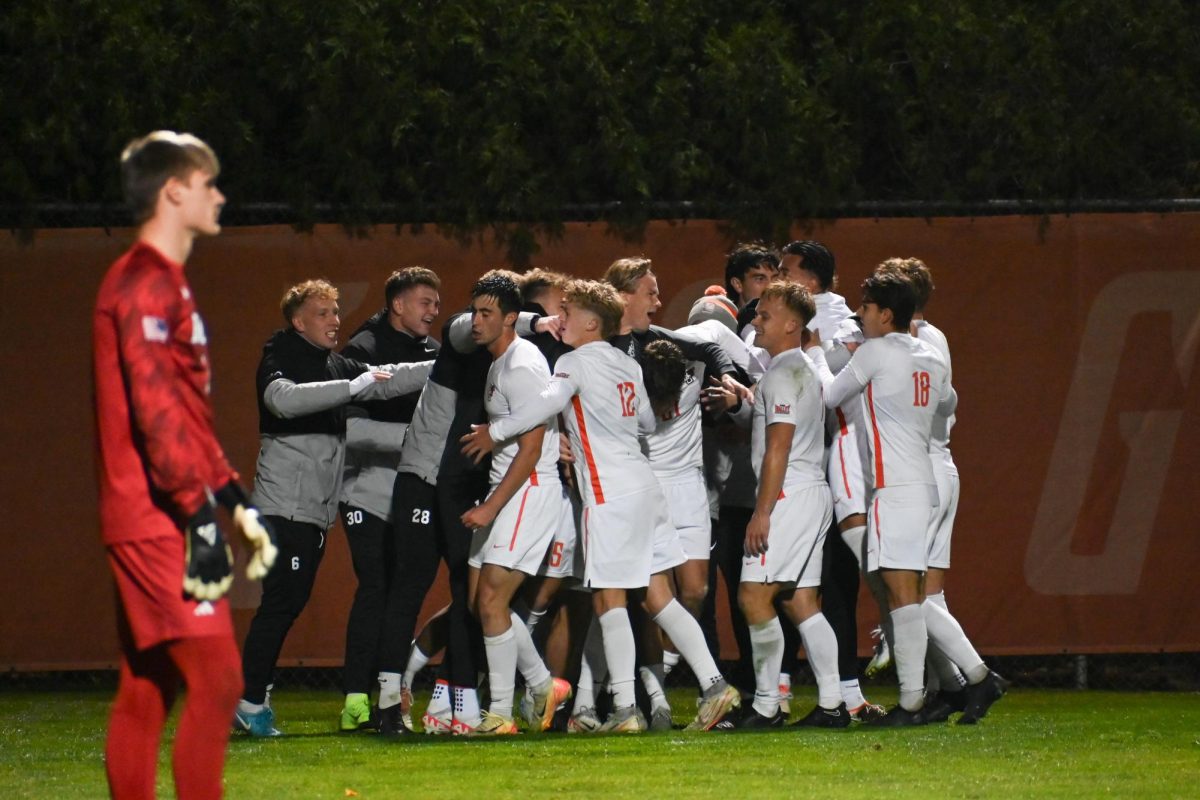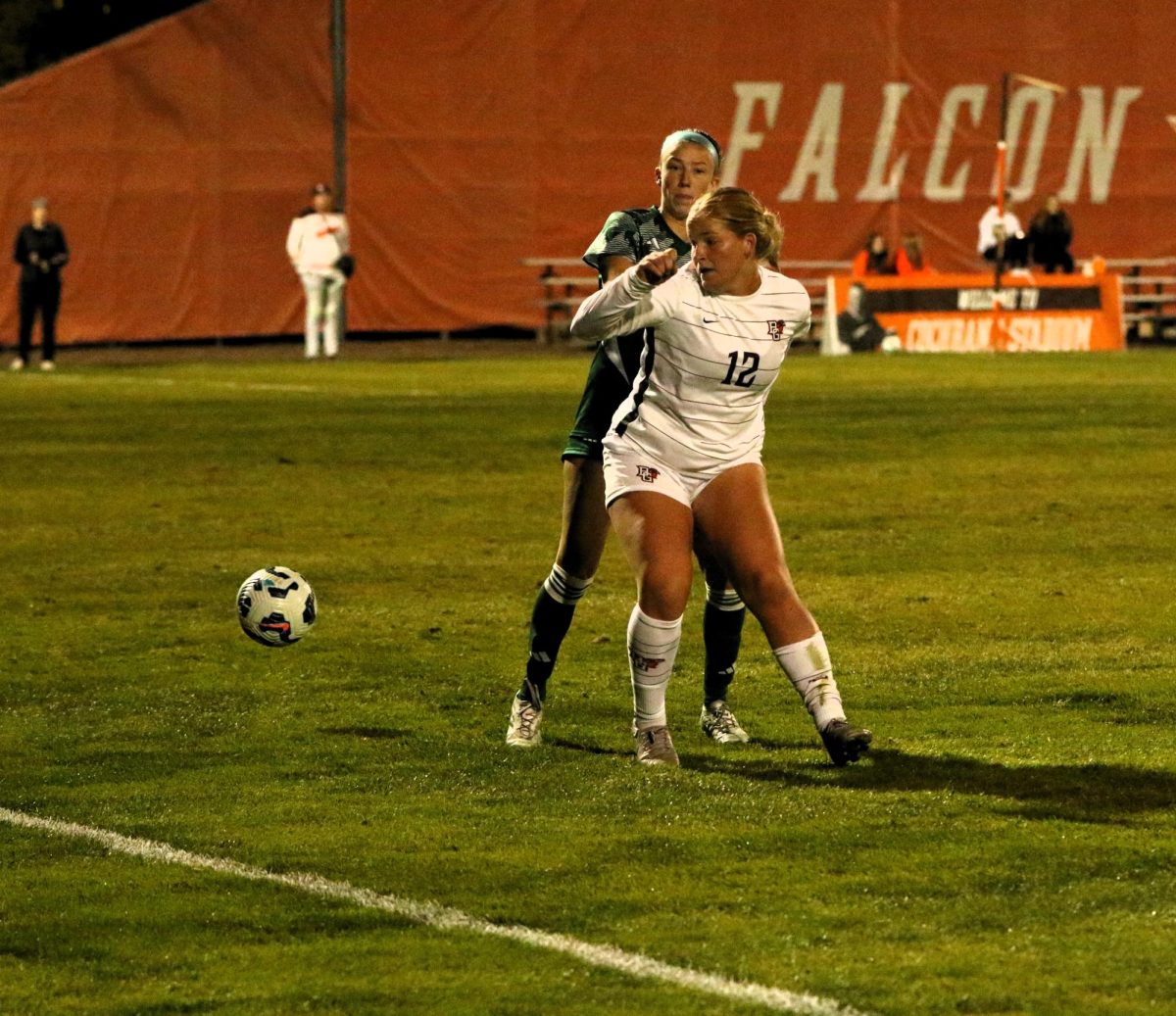The day the Supreme Court began hearing arguments for and against gay marriage, Facebook and other social media sites were choked with opinions from both sides.
There were many posters, slogans and statuses in which people extolled many different viewpoints and responded to rebuttals. However, one thing that stood out to me was the shareable profile picture (or avatar if you like) of a red background with a pink equal sign meant to symbolize equality.
At first I figured that, for the people who support gay rights, such a thing would be looked at as positive and galvanizing for the gay rights movement (at least on Facebook). But as the day went on, numerous people began to express disdain for it, some even going so far as to insinuate that sharing the avatar began to be a bandwagon action in which people who are not otherwise active in the struggle for gay rights shared it, thus cheapening the gesture in the eyes of the critics.
Critics of this have also claimed that sharing an avatar on Facebook is not real activism, and that in order to truly work for the rights of the gay community, one must write letters to one’s congressman, attend protests and vote.
Apart from voting (which everyone should do anyway, and in my opinion constitutes a form of activism all by itself) I respectfully disagree with this idea.
The idea that many people shared the avatar to be “cool” or “with it” certainly seems plausible given the largely hollow activism surrounding this past year’s Kony 2012 campaign. However, it would seem to me at least that in the struggle for achieving the rights of an entire minority, any form of awareness or the spreading of a consciousness on any level for any reason is a good thing.
In my opinion, this disdain for something positive, whether it has a real effect or not, comes dangerously close to creating a hierarchy of supporters within the gay rights movement; if the goal is unity and progress, such a manufactured, and frankly quite arbitrary, objection creates exactly the kind of discord that the movement does not need.
The decision to use this certain avatar is purely symbolic and personal, designed to facilitate a simple show of solidarity.
I don’t think any one person who shared it expected the opponents of gay rights to give up or give in as a result.
Supporters of gay rights who chose not to share the avatar should not be demonized for not doing so, nor should anyone assume that just because they didn’t that they are bigoted in some way. Conversely, the decision to share the avatar should not be pooh-poohed by anyone as being hollow either.
The implication of this claim is that those who share the avatar stop there, and do not participate in any other form of activism, which is simply false.
What’s more, sharing such a clear symbol of support of gay rights can be a very brave thing for some people to do.
For example, if one’s parents were staunch opponents of marriage equality, this show of support could create a very tense atmosphere for all persons involved. If supporting justice in the face of adversity isn’t brave, then what is?
In my opinion, the Facebook avatars did accomplish something: they spread an idea and a consciousness, the reach of which can only be estimated. They did not win an instant victory for the gay community, but they helped rally its supporters.
I saw people share the avatar that I would never have dreamed supported gay rights and that in and of itself constitutes progress toward the ultimate goal of marriage equality.
At the end of the day, it is good that people are debating things such as this and adding to the discourse surrounding the gay rights movement. My hope is that homosexual, bisexual, transsexual and pansexual people will ultimately have the same rights as everyone else.
But in my opinion, the best way to do this is to embrace not only activism, but any positive diffusion of energy toward the struggle for equality.
Respond to Ian at












